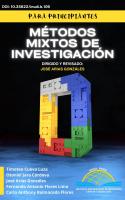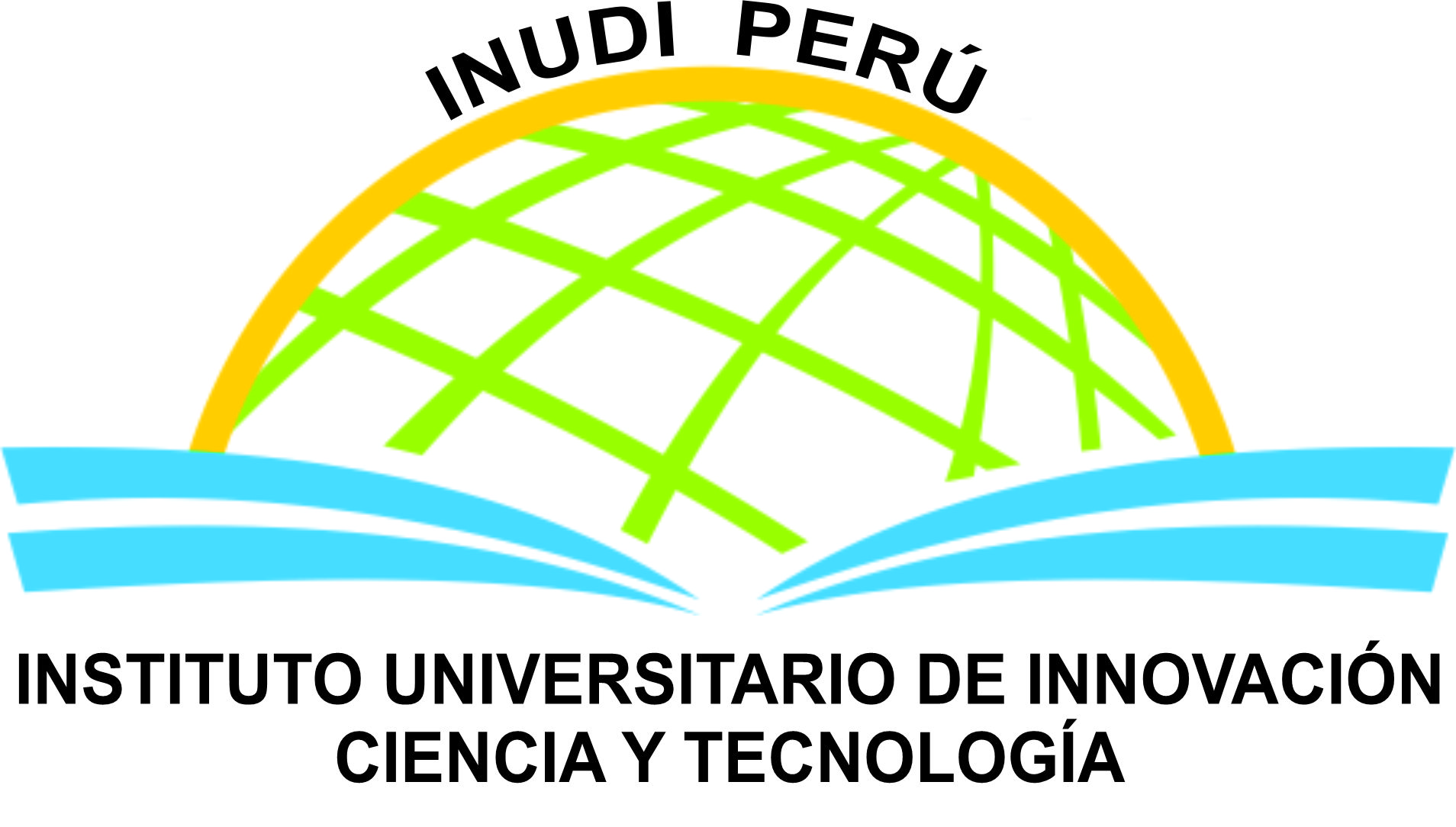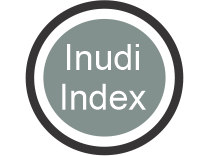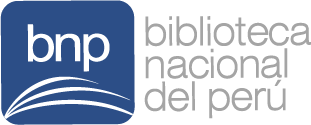Mixed Methods Research for Beginners.
Keywords:
methodology, mixed method, qualitative techniques, quantitative techniquesSynopsis
This book aims to highlight the importance and benefits of using mixed methods in research, theses, and academic articles. It is intended for those seeking to expand their knowledge of research methods and understand the benefits and relevance of employing mixed methods in their studies and academic work. Mixed methods combine qualitative and quantitative approaches, allowing for a more enriching and comprehensive understanding of the phenomenon under investigation. One of the main benefits of mixed methods is that they can broaden the understanding of the research phenomenon. Qualitative approaches provide an in-depth exploration of participants' experiences and perspectives, while quantitative approaches enable generalization and the establishment of relationships between variables. By combining both approaches, a more contextualized and complete picture of the phenomenon is obtained, leveraging their strengths and compensating for their limitations, resulting in rigorous and comprehensive research that combines in-depth understanding and rigorous statistical generalizations. Additionally, it allows for the validation and triangulation of findings, enhancing the reliability and validity of the research. In conclusion, the use of mixed methods in academic research offers multiple benefits, including expanded understanding, cross-validation, complementarity, and addressing complex research questions. These methods are a valuable choice for those seeking to conduct rigorous and meaningful investigations.
References
Arias, G. J., Holgado, J., Tafur, T., & Vásquez, M. (2022). Metodología de la Investigación. El método ARIAS para hacer el proyecto de tesis. Editorial INUDI Revista Científica Disciplinares.
Arias, J. L. (2020a). Proyecto de Tesis Guía para la elaboración. Edición propia. Perú
Arias, J. L. (2020b). Técnicas e instrumentos de investigación científica. Enfoques consulting. Perú.
Baena, G. (2017). Metodología de la investigación. Grupo Editorial Patria. México.
Bunge, M. (2004). La investigación científica. Siglo XXI. Barcelona.
Caballero, A. (2014). Metodología integral innovadora para planes y tesis. Cengage Learning Editores. México.
Campbell, D., y Stanley, J. (2005). Diseños experimentales y cuasi experimentales en la investigación social. Amorrortu. Buenos Aires
Creswell, J. (2014). Research Design, Qualitative, Quantitative and mixed methods approaches (4th ed.). SAGE publications Ltd. United States of America.
Creswell, J. W., & Creswell, J. D. (2018). Research Design: Qualitative, Quantitative, and Mixed Methods Approaches (5th ed.). Sage Publications.
Creswell, J. W., & Plano Clark, V. L. (2017). Designing and conducting mixed methods research (3rd ed.). Sage Publications.
Greene, J. C., Caracelli, V. J., & Graham, W. F. (1989). Toward a conceptual framework for mixed-method evaluation designs. Educational Evaluation and Policy Analysis, 11(3), 255-274.
Hanks, W. F. (2016). Epistemology of Research: A Multidisciplinary Approach. Springer.
Hernández-Sampieri, R., & Mendoza, C. (2018). Metodología de la investigación. Las rutas cuantitativa, cualitativa y mixta. McGraw Hill
Johnson, R. B., & Christensen, L. (2014). Educational research: Quantitative, qualitative, and mixed approaches. Sage Publications.
Johnson, R. B., Onwuegbuzie, A. J., & Turner, L. A. (2007). Toward a definition of mixed methods research. Journal of mixed methods research, 1(2), 112-133.
Kothari, C. (2004). Research Methodology (2nd ed.). New year international publishers. New Delhi
Morgan, D. L. (2007). Paradigms lost and pragmatism regained: Methodological implications of combining qualitative and quantitative methods. Journal of mixed methods research, 1(1), 48-76
Morse, J. M. (2003). Principles of Mixed Methods and Multimethod Research Design. In A. Tashakkori & C. Teddlie (Eds.), Handbook of Mixed Methods in Social and Behavioral Research (pp. 189-208). Sage Publications.
Niño, V. (2011). Metodología de la investigación (1ra ed.). Ediciones de la U. Bogotá.
Onwuegbuzie, A. J., & Leech, N. L. (2007). A call for qualitative power analyses. Quality and Quantity, 41(1), 105-121.
Rojas, R. (2013). Guía para realizar investigaciones sociales. Plaza y Valdes. México D.F.
Sahin, M. D., & Öztürk, G. (2019). Mixed Method Research: Theoretical Foundations, Designs and Its Use in Educational Research. International Journal of Contemporary Educational Research, 6(2), 301-310.

















